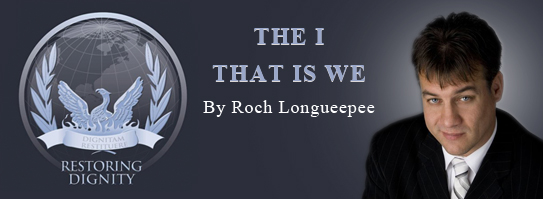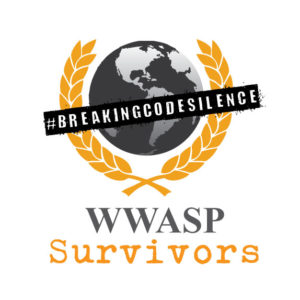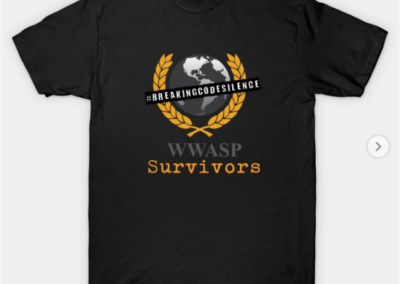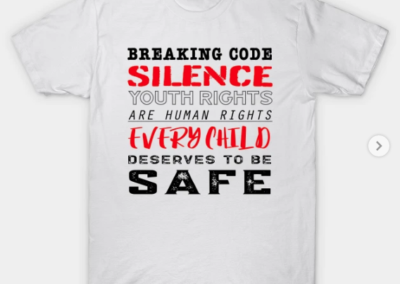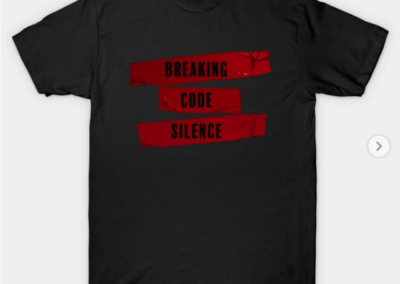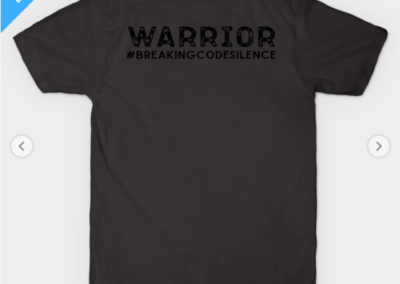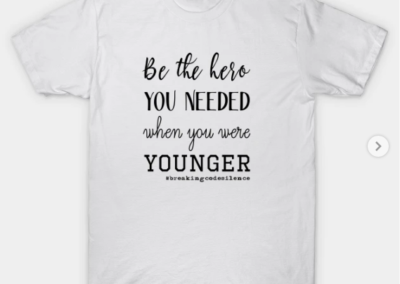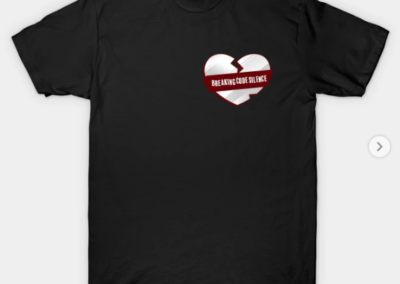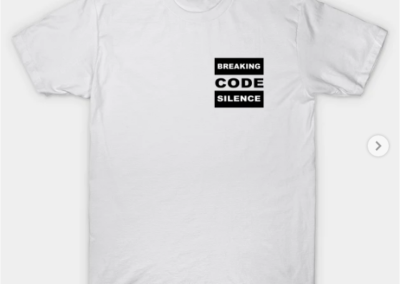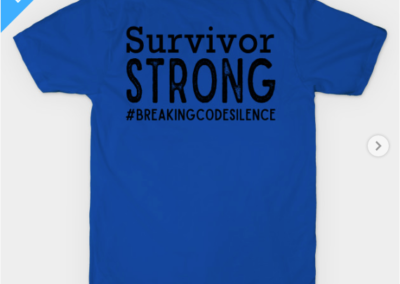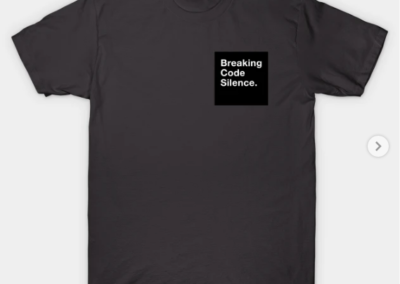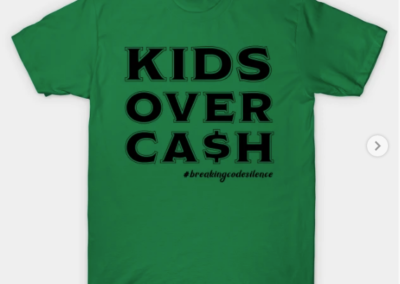Roch Longueépée
THE I THAT IS WE: a self determination of peoples – Address to the AGM for the Coalition for Persons with Disabilities.
Delivered October, 24, 2012, Mississauga, Ontario, Canada
I want to express my deep gratitude for the privilege of addressing this group today. I come today to share my hope for all of you and this community. I come to speak of a common dream born of universal hopes and aspirations. – A promise that in a tolerant society, disability is diversity not a sentence.
I stand here today grateful to be in the presence of heroes. Charles Wilton, a member of this community, has represented Canada at the Para Olympics and has three world records in track. Charles and his partner Maricyl Palisoc are the proud parents of a healthy baby boy named William. Maricyl and Charles also have Cerebral Palsy, a disorder that limits their motor skills and slurs their speech, but has no effect on their cognitive abilities.
In May of this year, Peel Region Children’s Aid Society attempted to apprehend their child on grounds the parents were unfit due to their disability. (http://www.cbc.ca/news/canada/toronto/story/2012/05/01/toronto-mississauga-disabled-couple-fight-to-keep-son.html ) Despite the fact that the family was living in specialized supportive care with round the clock support for the baby, the Children’s Aid Society still ensued. In the face of this adversity, Charles and Maricyl did not back down, nor did their advocates. Staff with the Coalition for Persons with Disabilities worked heroically and gave of their personal finances and time. Their story captured the hearts of the nation and the world. National and international press weighed in on their story, including Oprah Winfrey.
With the community, international press and advocates, the Peel Region Children’s Aid Society backed down. The voice of the people had spoken. The family is now safe and our nation is better because of all of you. You have done us proud. If anyone wants to know what it truly means to be Canadian, they should come to Mississauga.
I must confess to you today that my perception of disabled persons was once prejudiced. I have spent most of my life surrounded by disabled people. I used to view disabled persons as weak, something due to my own personal struggles I feared to identify with.
Unbeknownst to me, I too was disabled. But it would be many years before I would come to understand the true nature of my disability. I am a survivor of institutional child abuse turned international advocate in support of survivors of institutional child abuse. I, like many survivors, suffered an extensive and horrific history of repeated physical, verbal, psychological and emotional abuse. This included prolonged sexual abuse during my childhood and adolescence. I helplessly endured neglect and unlawful confinement by multiple perpetrators.
Staff and caregivers at the Mount Hebert Orphanage, where I was orphaned from 1971-1975, added to that misery.
Members of my family, including my mother, stepfather, siblings and grandparents with whom I lived from aged five to sixteen, made my life a living hell. Even teachers and students in schools I attended made an already desperate situation worse through bullying, ridicule and shame.
I was placed in an orphanage several months after my biological father committed suicide. The fifth finger on my right hand is deformed from being severed and surgically reattached during my time at the orphanage. I also endured nutritional deprivation. I endured severe beatings from my mother and others, resulting in major medical injuries. These included bone, neural, and spinal cord injury. Other injuries included jaw displacement, a broken nose, resulting in sinus problems, vision loss, chronic nightmares and suicidal ideation. The Child Welfare authorities failed me during my childhood and adolescence leaving me in abusive home situations despite repeated assessments. Many of my medical conditions were overlooked or misdiagnosed.
That history left a trail of failed relationships, chronic poverty, homelessness, near death experiences and unexplained illnesses. I have watched many survivors throughout my life succumb to addictions, violent crime, and suicide. I suffered depression, anxiety, and suicidal ideation – ongoing themes as I struggled to find a sense of purpose.
In 1999-2000, I entered undergraduate studies at Dalhousie University. That year was met with challenges. I did not fair well nor did my health. I was becoming increasingly aware that something was terribly wrong. So, I left my studies. After many years of struggling to understand what my underlying medical issues were. I set out on a path determined to get to the bottom of what was ailing me.
From 2000–2002, my quest began with an intense review of my entire history. In my investigation I came across “Restoring Dignity” The Law Commission of Canada’s March, 2000 report on Child abuse in Canadian institutions. I was not alone. I quickly discovered millions of survivors like me the world over. My quest would not be a selfish one.
In October 2002, I founded a non-partisan, non-religious based NGO currently known as “Restoring Dignity” inspired in part by The Law Commission of Canada’s March, 2000 report on Child abuse in Canadian institutions.
In a line from William Shakespeare’s Hamlet., Act 1. Scene III, we read: This above all else – to thine own self be true. This is a principle I have always held dear to my heart. I have spent my entire life dodging labels from a sea of experts in broken government systems.
In 2007, I was diagnosed with Chronic Post Traumatic Stress disorder. In December 2011, I was diagnosed with Traumatic Brain Injury. Some medical experts have cited my case as the worst case of child welfare negligence they have encountered in their entire careers. Medical experts later commented that they had seen many cases like mine, but in those cases the children did not survive.
Legal and mental health experts cited my traumas not as abuse but rather ‘torture’.
The child welfare system in Nova Scotia and Prince Edward Island failed to protect me from the traumas of my childhood and adolescence.
Those failures led to my disabilities. The health care systems in both provinces failed to properly diagnose me. My diagnosis came as a result of the professional connections I developed in my volunteer, non-profit work via Restoring Dignity. Those experts in London, Ontario were Dr. Michael Rieder and Dr. Keith Sequira with the University of Western Ontario. The lead medical investigator, Dr. Michael Rieder, I am deeply in debt to for his commitment and determination to help me identify the true nature of my medical issues.
In January 2012, I became the first survivor to speak about the link between child abuse and brain injury. My case has been identified by experts as precedent setting and is now being written up in academic literature reviews. This review will help in providing recommendations to health care givers in a published worldwide database.
After receiving my official legal status as a person with permanent disability, I realized I also had to come to terms with my medical status. The research on Brain Injury was clear; I was a strong candidate for early onset of dementia. By early onset I am referring to victims in their forties and fifties. I am forty-two years old. My days on this earth are numbered.
Among disabled persons, ‘invisible disability’ is largely unrecognized. This is also a reality for too many institutional child abuse survivors like me.
For too many, this shuts out the chance to reach their full potential. And only those who have very exceptional talents are afforded those opportunities. Upon reviewing the first World Disability Report, Professor Stephen Hawking, University of Cambridge, one of the world’s most famous disabled persons, and the world’s top intellectual thinkers of our time, had this to share:
But I realize that I am very lucky in many ways. My success in theoretical physics has endured that I am supported to live a worthwhile life. Looking at the evidence in the pages of this new Report. It is very clear that the majority of people with disabilities in the world have had a very hard time with everyday survival, let alone personal fulfillment. I have always given my personal support to efforts to promote access and inclusion, and I am delighted to be able to endorse this important report. I hope governments throughout the world will consider all the millions of people with disabilities who are denied access to health, rehabilitation, support, education and employment and therefore never get the chance to shine.
The Council of Canadians with Disabilities shares the following on their website:
14.3% of Canadians report having a disability. Canadians with disabilities are more than twice as likely to live in poverty than other Canadians. They face exclusion from quality education, from employment and from participation in their communities.
The Canadian Charter of Rights Decisions Digest reads:
Exclusion from the mainstream of society results from the construction of a society based solely on “mainstream” attributes to which disabled persons will never be able to gain access. Whether it is the impossibility of success at a written test for a blind person, or the need for ramp access to a library, the discrimination does not lie in the attribution of untrue characteristics to the disabled individual. Rather, it is the failure to make reasonable accommodation, to fine-tune society so that its structures and assumptions do not result in the relegation and banishment of disabled persons from participation, which results in discrimination against them.
The road ahead for marginalized groups and individuals is fraught with challenge. We are called to invoke the legacy of our forbearers. We must reaffirm the leadership of humane purpose to purge our communities of the dark forces of ignorance and social exclusion.
Edith Hamilton, one of my favorite authors once wrote:
The man who fights for a new cause does not receive that tribute. He is up against the immense force of stubborn resistance the new always arouses. He must give battle without trumpets and drums and with the probability that he will not live to see the victory.
Since my diagnosis of Traumatic Brain Injury I have had to come to accept this truth. My days on this earth are numbered – and I know that.
When I look into the eyes of my son or nieces I want to know that they will not inherit the fate so many others and I have endured. I want them to grow up in a world of peace and tolerance, free to live out the innocence and wonder of life.
Though my days upon this earth are shortened, that hope must not. The cause must endure; the torch must be passed to light the way for future generations.
You each have the power to change that reality for yourselves and every other individual like you. Find your voice and you will define your destiny. History has shown us, that we cannot simply rely on governments to do their job. The inherent good of who you truly are is the substance of which will save you. And in saving yourself you will help to save others.
One of Canada’s most awe inspiring stories of heroism was that of Terry Fox, a young amputee who set out on one leg, across Canada determined to eradicate a disease which has plagued millions of people all over the world.
After 3,339 miles, Fox had run six provinces, two-thirds of the way home. On September 1, 1980, Terrance Stanley Fox ran his last mile. His personal battle with cancer had claimed his leg and finally, his life. Almost three decades later, Fox’s valour endures to define the war against cancer. His legacy has inspired runs for thousands of causes.
It has inspired disabled persons to live beyond the limitations of their disabilities everywhere.
The perils of discrimination remind us of why our work and our concern for our fellow human beings are so important. Human Rights and freedoms has become the stepping stones to progress and survival – we are the officers, the keepers of the gate, and we have a duty now as we continue to overcome the deficits of morality and empathy in the world around us; to stand steadfast in the struggle for equality, social inclusion regardless of race, culture, gender or disability.
Our struggles must redefine the promise of tomorrow – that we are stronger than our condition – and better despite it. Our story of strife and struggle speaks to the true character of our nation. Together our stories will stand the test of time and whisper hope to future generations.
In the end, the lasting legacy of our lives must be the I that is we – a self determination of peoples. Let us honor this truth that we are more than the sum of our parts, out of many we are truly one.
In the last course of these events may it be that our common dream born of universal hopes and aspirations is one day realized for the all the world to see.
©2012 rkl Restoring Dignity
WEBSITE: http://restoringdignity.org/
FACEBOOK: https://www.facebook.com/groups/restoringdignity/
Facebook ‘Like’ Page: https://www.facebook.com/pages/Restoring-Dignity/278096795557836
TWITTER: twitter@rochnation
ABOUT ME: http://about.me/therochfiles
YOUTUBE: http://www.youtube.com/user/Longueepee/videos
Blog: http://restoringdignitycampaign.blogspot.ca/
SKYPE: rochnation
RESTORING DIGNITY – BACKGROUND
Restoring Dignity is a non-partisan, non religious based NGO, inspired, in part by “Restoring Dignity” The Law Commission of Canada’s March, 2000 report on Child abuse in Canadian institutions. Restoring Dignity is an international organization that works with people who, as children, were abused under the auspices of institutions. As part of our mandate we also work on the issues of poverty in Canada. The guiding principles and values of Restoring Dignity embrace the dignity of individuals and cultures and the Universal Declaration of Human Rights. Unlike many groups involved in the field of institutional child abuse, Restoring Dignity works with all forms of institutional child abuse affecting all cultures, marginalized individuals and groups as well as children. In an effort to educate society on the issue of institutional child abuse, Restoring Dignity has set out to define what an institution is and the role institutions play in society, in particular those which work with marginalized groups, cultures and children. Working from the model of national inquiries conducted in Australia on institutional child abuse, Restoring Dignity is currently planning to establish a national inquiry on institutional child abuse in Canada. Restoring Dignity is also involved in aiding institutional child abuse survivors to establish civil remedies and other forms of redress within Canada.
Restoring Dignity recognizes that not only have survivors experienced unspeakable abuses as children, but as they become adults and parents they may be powerless to stop the cycles of abuse from continuing in their own families and communities. For this reason Restoring Dignity opposes adversarial approaches to redress and healing. The countless stories on the issue of institutional victims becoming abusers bare a similar plot to that of Mary Shelley’s Frankenstein where the abuse can be attributed not to the individual but the circumstances of the individual’s development. The endeavor of Restoring Dignity is to reverse this effect and to offer hope and purpose to the millions of lives institutional child abuse has impacted in Canada and abroad.
Restoring Dignity aspires to become the official watchdog on the issue of institutional child abuse at home and abroad and to eventually provide full services to survivors, their families and communities.

